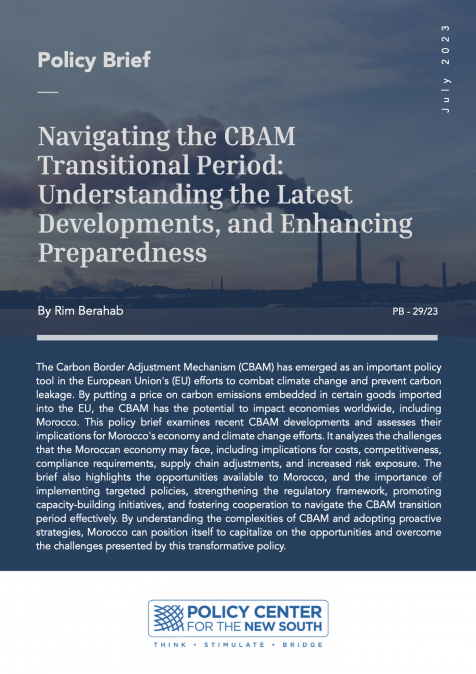Publications /
Policy Brief
En juin 2017 est paru le deuxième rapport Arcadia (Annual Report on Commodity Analytics and Dynamics In Africa), fruit de la collaboration entre l’OCP Policy Center et CyclOpe. Son ambition est de rendre compte, année après année, de l’évolution des liens économiques, juridiques, financiers et sociétaux qui unissent l’Afrique et les marchés mondiaux de matières premières et ce, tant au regard des évolutions conjoncturelles des marchés que des mutations ou ruptures structurelles qui ont pu se faire jour. Se penchant sur l’année 2016 et les premiers mois de 2017, l’édition 2017 d’Arcadia analyse le rebond des cours des matières premières, notamment minérales, qui « comptent » pour le continent africain. S’inscrivant dans un contexte macroéconomique encore difficile marqué par la faiblesse du commerce mondial et les incertitudes (géo) politiques, celui-ci a offert une salutaire respiration aux pays producteurs du continent mais ne leur a en revanche pas permis d’améliorer sensiblement leurs comptes publics. Alors que l’année 2017 devrait s’inscrire sous de meilleurs auspices, l’engagement des pays africains à remporter les nombreux défis structurels qui conditionnent leur développement économique et social ne semble pas avoir faibli. De la question centrale de la sécurité alimentaire à celle de l’électrification du continent en passant celle du financement des États africains ou de la réforme des codes et des conventions minières, l’édition 2017 du rapport Arcadia s’est attachée à pleinement en rendre compte.









